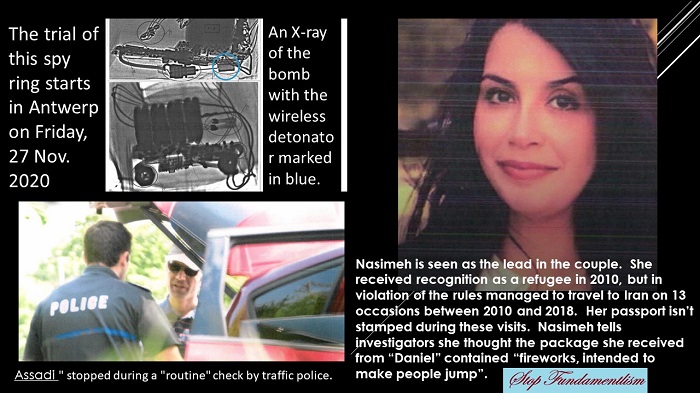
The National Council of Resistance of Iran (NCRI), and the People’s Mujahedin of Iran (PMOI / MEK Iran), reported that on 5 May it was reported that the Iranian diplomat-terrorist Assadollah Assadi wouldn’t be perusing an appeal to the conviction decided by Belgian courts in February. This stems from the 2018 bomb plot where Assadi was arrested in Germany after being identified as the mastermind of the plot.
The plot entailed setting off explosives at a gathering of the National Council of Resistance of Iran near Paris. The two-year investigation and two-month-long legal proceedings saw the former third counselor at the regime’s embassy in Vienna, sentenced to 20 years in prison. He was charged with plotting to commit terrorist murder, while his co-conspirators received sentences from1 5-18 years.
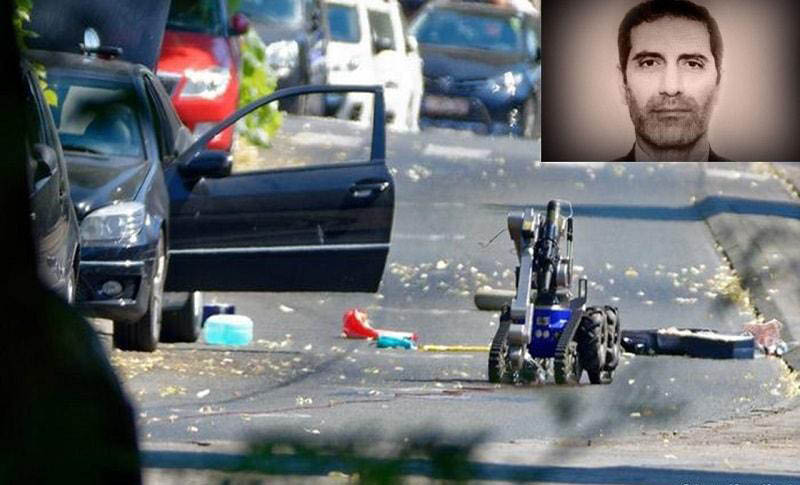
By declining his appeal, the regime essentially acknowledges his guilt, however, it may also be hoping to avoid increased national attention to the regime’s terrorism. This hope is shared by former diplomat dandlers in Tehran who protested Assadi’s prosecution, insisting on immunity. They never disputed the facts of the case, however.
They did not dispute Assadi’s movements after obtaining the explosives, which were smuggled in a diplomatic pouch on a commercial flight, to be handed to co-conspirators in Luxembourg. Assadi’s operatives have been stripped of their Belgian citizenship. Such commitment from these terrorists highly suggests a network of terrorists and espionage throughout Europe.
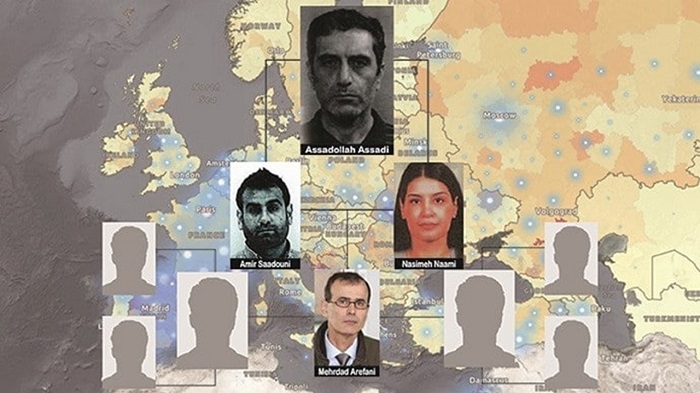
Belgian investigators and prosecutors acknowledged this network, stating that Assadi wasn’t acting on his own, but had been directed by the Regime’s authorities. The National Council of Resistance of Iran (NCRI) specifically revealed that the Supreme National Security Council made the decision.
President Rouhani, last week, the so-called “moderate” president, praised the SNSC, as part of an “exact system and framework” that ensures the inclusion of regimes leading figures in strategic planning and foreign policy. This was apparently intended to mitigate factional feuds, intensified by the leaking of Mohammad Javad Zarif’s interview where he criticizes the regime’s terror-mastermind Qassem Soleimani for dominating the Foreign Ministry and its diplomatic work.
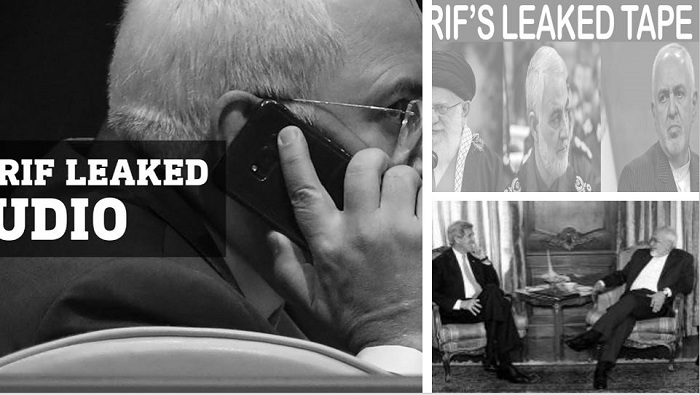
Zarif has since had to reaffirm his devotion to Khamenei. “Your comments are the final say on all matters for my colleagues and me,” the foreign minister said in a post on Instagram, addressing Khamenei. “As an expert in foreign relations, I always believe that it should be managed and guided by the superior.”
Such statements could show the leaked interview in a different light while demonstrating the persistent dangers associated with the Assadi case. Regardless of what regime apologists say, Zarif’s interview demonstrated the frequent overlap between regimes diplomatic infrastructure and security apparatus.
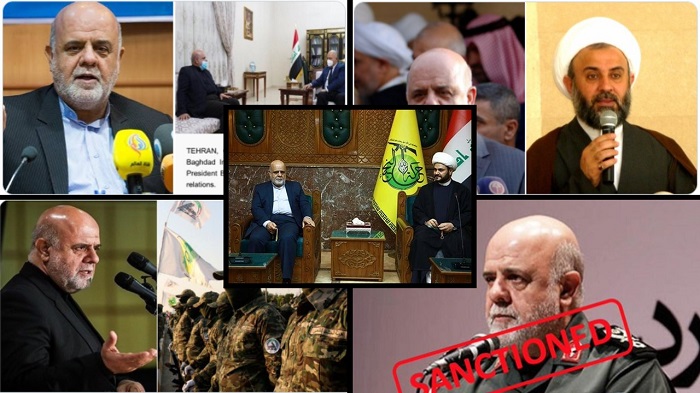
Many of the regime’s diplomats in Syria and Iraq, for example, began careers as Islamic Revolutionary Guard Corps operatives or participated in other militant activity. These are the circumstances that nurture terrorist plots like Assadi’s to run through Iranian embassies the world over.
Assadi in particular utilized his position as a means of creating connections throughout Europe. When arrested, Assadi possessed documents that showed cash payments made to operatives. It is not known what services were rendered but it stands to reason that they were tasked with surveillance against potential future targets.
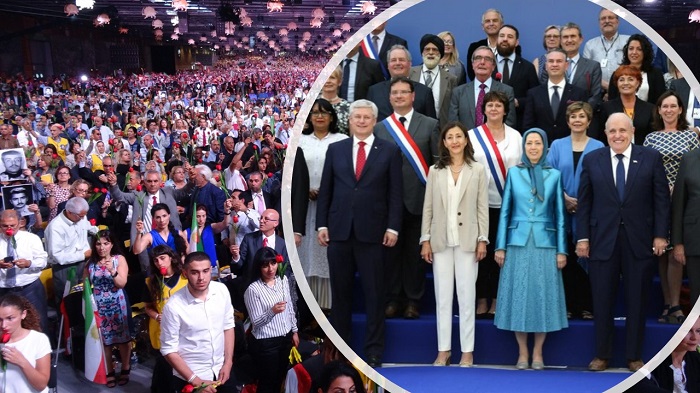
As of 2018, major players in the regime are unified in support of using terrorism as a weapon of statecraft.
The prosecution of an individual terrorist will do nothing to sway the individuals from their position. Should western powers want to change the behavior of the regime and safeguard interest, they must demand accountability.
They must demand this of all who are represented in the Supreme National Security Council.

MEK Iran (follow us on Twitter and Facebook)
and People’s Mojahedin Organization of Iran – MEK IRAN – YouTube







